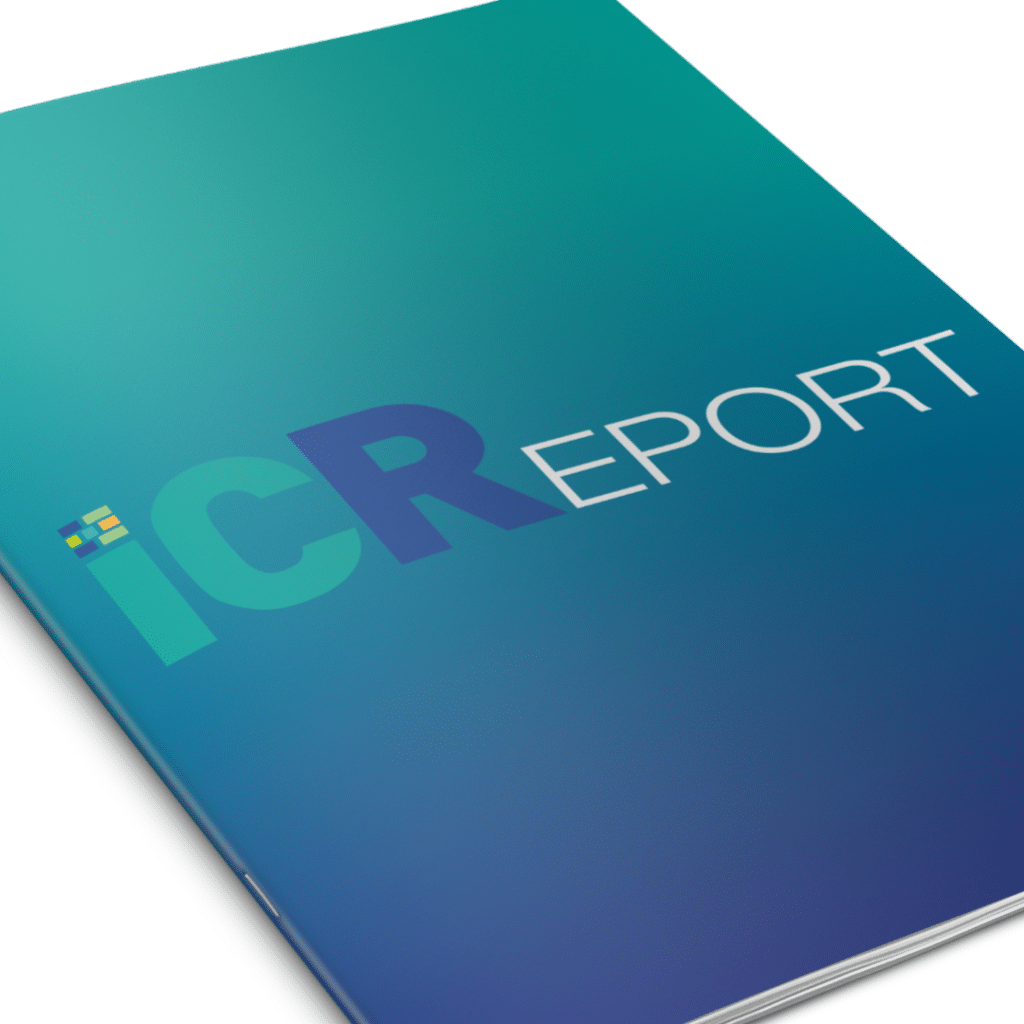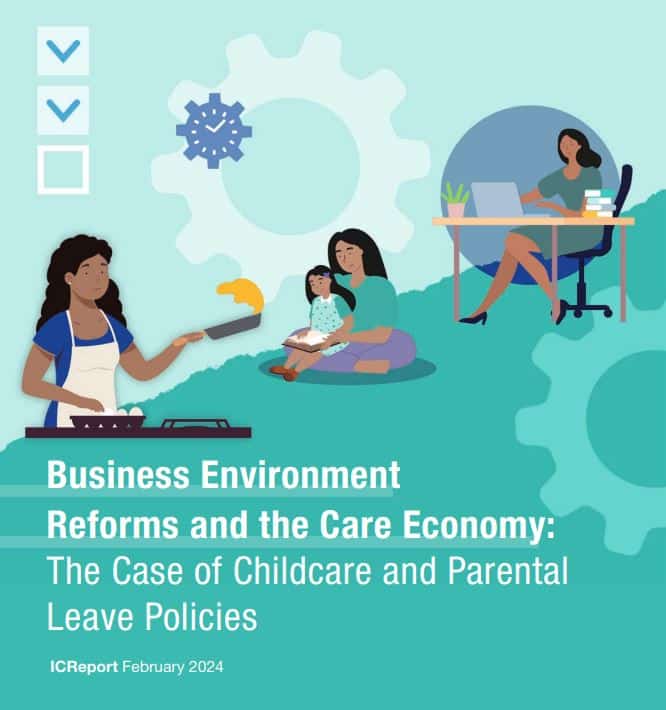Care economy is an integral part of Business Environment Reforms (BER). It is central to advance Women’s Economic Empowerment (WEE).
In its broad definition, the term care economy encompasses labour and services that support caregiving in all its forms. It includes both unpaid and paid care work, for instance childcare and breastfeeding, care for the elderly, care for persons with disabilities, etc. It includes also value chains that rely on care workers, such as healthcare, domestic care, childcare, etc. as well as care-relevant infrastructures, services and technology, such as facilities and applications to mobilise and perform care services.
Care work consists of paid and unpaid labour and services that support caregiving in all its forms. While care work, paid and unpaid, sustains economies by providing essential services for the household and the society, this work falls disproportionately on women and young girls in all countries, including in the ACP region. Unpaid care workload is the principal reason unemployed women give globally as a reason for being outside the labour force.
The gender inequalities on the share of unpaid care negatively affect women’s possibilities to make economic choices that could strengthen their own economic empowerment, but also the wellbeing of their families and the growth of the overall economy.
Gender-responsive care policies can be powerful tools to reform the business environment in ways that positively impact women and their access to economic opportunities, such as access to quality jobs, entrepreneurship or education and professional training. A particularly important lever to improve the business environment for women is childcare policies for working parents, specifically the provision of childcare services and parental leave.
Key findings:
- The care economy and care policies are integral part of a conducive business environment.
- Childcare is a central element of the care economy and the focus of this report.
- While maternity leave is essential to protect women’s economic interests, paternity leave is also essential to support the redistribution of unpaid care work, to materialise men’s rights to care, to shift gender norms and ultimately to reduce gender inequalities in the medium- and long-term.
- There is a wide variety in the availability of parental leave laws across globe and including in the ACP countries.
- To develop evidence-based care policies in ACP countries, it is key to mainstream the collection of sex-disaggregated data and gender gap analysis.


